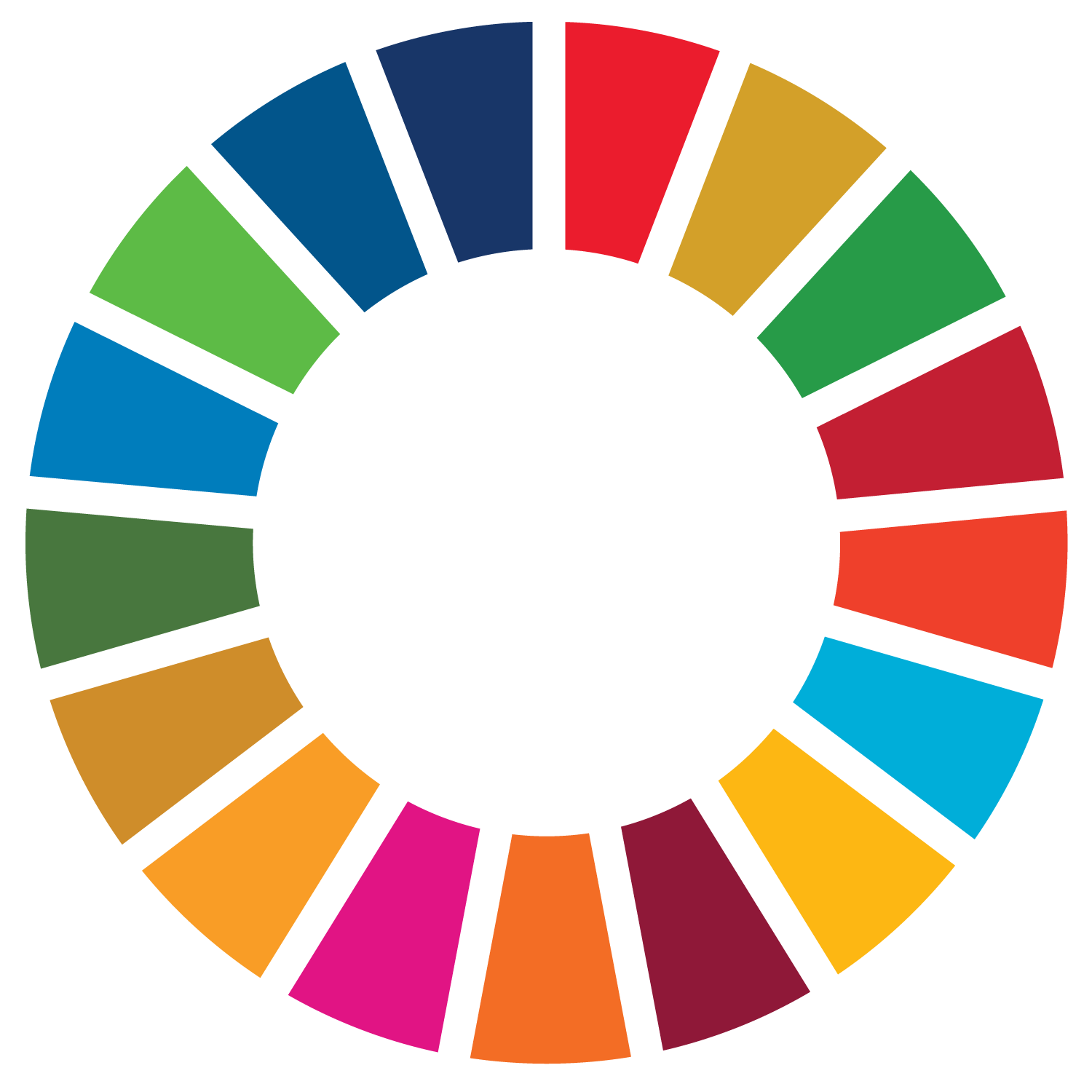Photo: Flooding in Shaoguan, Guangdong Province, China in 2020. Photo: Unsplash/Jéan Béller
Flood-related catastrophes have increased by 134 per cent since 2000, compared with the two previous decades, according to the World Meteorological Organization (WMO). As a recent report from the Intergovernmental Panel on Climate Change (IPCC) underscores, rising global temperatures are dramatically affecting the water cycle, making floods and droughts more extreme and frequent. It’s an issue that will be in the forefront of the minds of those attending the United Nations Climate Change Summit, known as COP26, in Glasgow, Scotland, at the beginning of November.
Against that backdrop, the United Nations Environment Programme (UNEP) and partners have been working to help lessen the impact of flooding in countries around the world.
“UNEP doesn’t have a magic wand, but we work with partners to accelerate flood resilience, build capacity, promote sustainable development, and gather and analyse the all-important data to inform policymaking,” says UNEP freshwater ecosystems expert Lis Mullin Bernhardt. “We’re building resilience by advancing Sustainable Development Goal 6 on water and giving countries significant opportunities to advance their broader development and climate agendas effectively, consistently across sectors and with longer-term viability.”
More accurate and reliable data are helping to pinpoint risks. The Flood and Drought Portal, maintained by UNEP-DHI, aggregates and translates publicly available data from a range of sources, making it accessible to water authorities in a form they can use to support decisions at a local level. The portal uses the growing opportunities provided by satellite data and cloud solutions to improve preparedness, management and response to urban flooding, basin floods, droughts and coastal protection.
Meanwhile, the Global Partnership for Sustainable Development Data, which works to ensure the new opportunities of the data revolution are used to achieve the Sustainable Development Goals (SDGs), has worked with partners, such as UNEP, to inform flood policy in Guinea, Senegal and Togo. It organized a three-phase capacity-building exercise on using the Flood and Drought portal.
[…]
A full length article with more details on the specific activities can be found on UNEP’s website here.
Share this post
UNEP-DHI Centre on Water and Environment
Agern Allé 5, 2970 Denmark
Tel: +45 45169200
